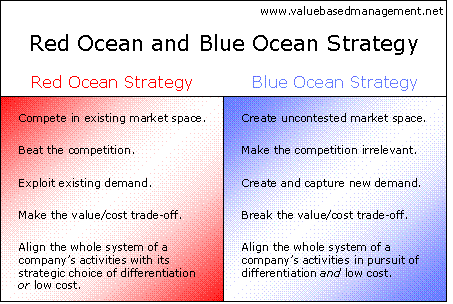David Sacks provides
an excellent view on how portals have been fundamentally redefined since their inception:

He further asserts that each transition was due to surpassing what I'll call a critical
data saturation mark that drastically reduced the usefulness of the previous method. In short, applying simple aggregation logic will not scale since
The core question a portal needs to answer for a user is “How do I find the information I need?”
and the ability of a portal to do so is inversely proportional to the underlying volume of data. Summarizing or segmenting things only helps to reduce the volume for a while. However as the portal gains critical mass, it will eventually succumb to the same underlying force.
Couple this with
a fantastic article by Tom Gruber on Collective Knowledge Systems which predicts:
Today, that interaction pattern treats the web as an information source: we learn by browsing, searching, and monitoring the web. Tomorrow, the web will be understood as an active human-computer system, and we will learn by telling it what we are interested in, asking it what we collectively know, and using it to apply our collective knowledge to address our collective needs.
In my opinion, shifting from collected to
collective intelligence will be the next major transition. Whether this is done as an entirely new site or as an app within Facebook, we'll see... but one thing's for sure: aggregating popularity-based metrics alone will encounter the same inherent limitations as previous cycles.
Update on Friday, 12/28:
Jeremiah
nails another force at play here:
...we’re all looking to see how social graph will open up and let us migrate freely between networks. THEN the need to build best of breed social platforms will be needed.
If this is added to the mix, it will provide a catalyst for all of the above.
Yes, FB is more than just a portal and I'm very much a fan of it, not a foe. However, after the glitter wanes a bit it'll be back to basics. Perhaps something like
Mozilla Labs Weave or
planned extensions to OpenID might set the proper foundation to open up the social graph... give us a kind of "social transportability" that will move things to the next level? If so, it would undoubtedly force solid competition based on the features of the actual platform -- and not just who happens to store the graph.










